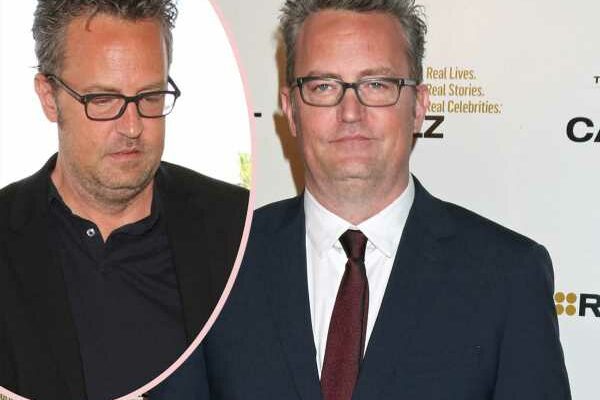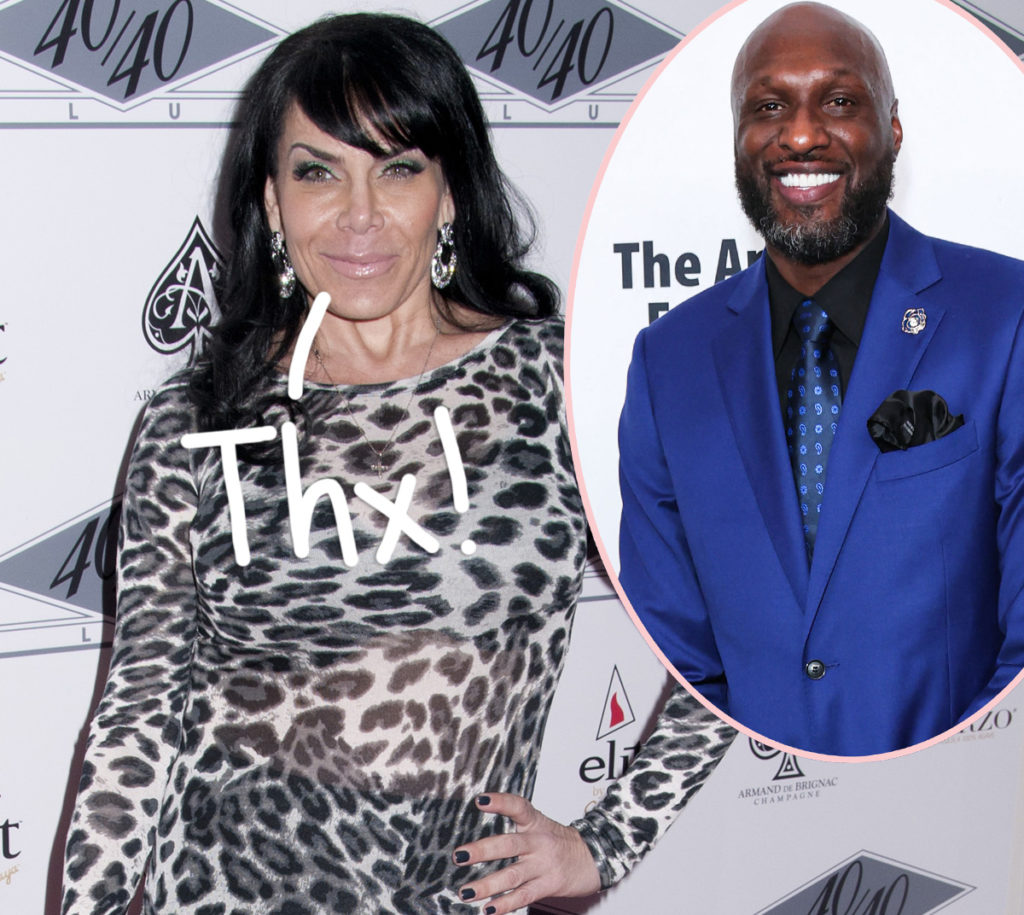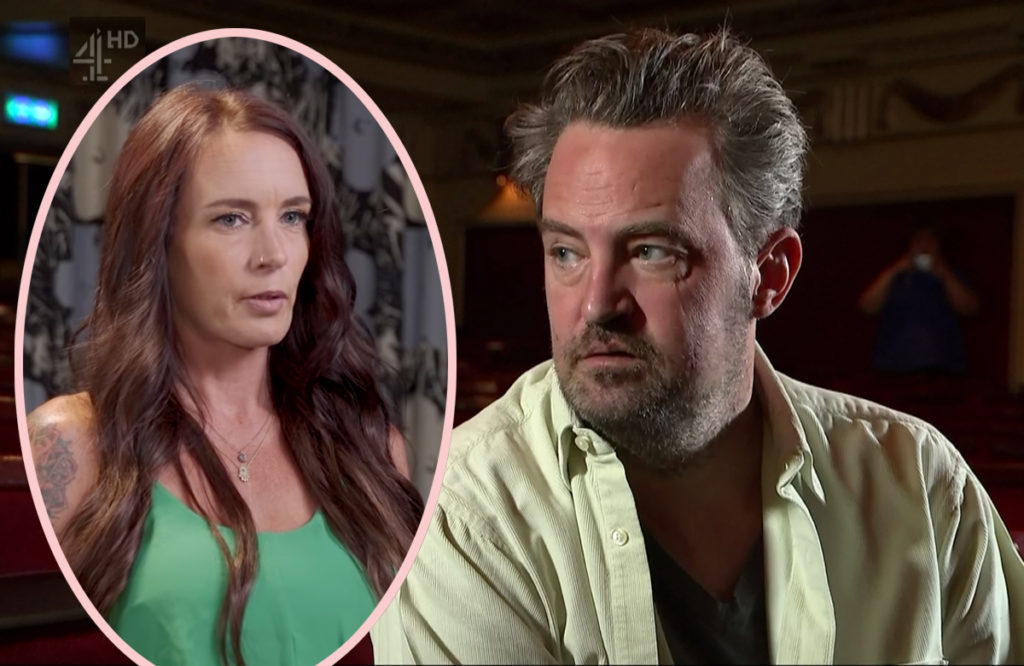Ever since Matthew Perry‘s cause of death was revealed, everyone’s been trying to wrap their heads around what happened.
For someone who had worked so hard to get sober, it was devastating to see an autopsy report list “the acute effects of ketamine” as the reason for his shocking passing. He’d reportedly been seeing a specialist where he was given the drug as treatment for anxiety and depression. Per TMZ, he’d been undergoing this treatment every other day for a long time — but was told he was ready to pull back about six months ago. His last transfusion was a week and a half before his death. Yet, authorities declared he had to have taken the drug the day he died.
So, obviously, questions were raised. And it quickly became more concerning when his ex-girlfriend called for an investigation into his doctors, who she alleged may have gotten him hooked on the drug. Super sad and scary, if true.
So, who is his doctor? How did these treatments work? And how might he have taken the drug seemingly without a doctor’s supervision?
The Blast did some digging and discovered a lot of information on Tuesday. According to them, the Friends alum’s primary care doctor, Dr. Andre Atoian, who was listed in the autopsy, is an anesthesiologist and ketamine specialist. He’s also the founder and medical director of Ketamine Specialists (now called Limbic Medical), where he prescribes in-person AND at-home microdosing treatments to patients! They were just advertising the program last month — look:
https://www.instagram.com/p/CzuUXjvPiP3/
A post shared by Limbic Medical (@limbicmedical)
If you don’t know, microdosing means taking a small amount of a drug to benefit from its “physiological action while minimizing undesirable side effects.” Andre’s practice is located just 18 miles from Pacific Palisades, where the Fools Rush In alum lived. On its website, the UCLA grad calls the use of ketamine treatments “remarkable in that it has a success rate of up to 70% for patients who have tried conventional treatment and who are still suffering from debilitating depression.” According to The Blast‘s findings, he’s also said these treatments are “quickly being recognized as one of the most important advances in modern-day therapy for depression,” explaining on the site:
“Standard therapy targeting the neurotransmitters involved with mood has not shown to be effective for a large number of individuals who take them. Yet countless individuals continue to take these drugs simply because there is no better option.”
He added:
“While new investigations are underway to understand the true scope of ketamine’s powers, current evidence suggests that ketamine has the ability to reset and regrow our brain cells, allowing patients to take back control of their lives.”
According to a 2022 interview, the doc added that he has patients receive IV treatments of ketamine therapy at his office. These appointments occur in private rooms, where patients relax on recliner chairs while getting an IV infusion, which is supposedly the most effective way to deliver the treatment.
Even Matty revealed he did this in his memoir, saying it was a “great exhale” for him to get the IVs while blindfolded and listening to music. On the meds, he said it “has my name written all over it — they might as well have called it ‘Matty.’” It’s unclear if the 17 Again lead was ever prescribed at-home doses, but it seems possible — and it is surely a better thought than the idea of him securing the drugs off the streets!
But it should be noted that it’s unclear if Dr. Atoian was the medical professional who oversaw his ketamine treatment at the time of his death. The autopsy also listed psychiatrist Dr. Yaghamie as someone on Matthew’s medical team who had was prescribed him “antidepressants.” But if Atoian was still involved in Matthew’s ketamine usage, he’d probably hit back at the ex who argued the 54-year-old was hooked again.
The doc has insisted there’s no addiction associated with ketamine use, per The Blast, while pointing out he’s had patients on the treatments for months who suffered no issues after being taken off “cold turkey.” But the lower dosage of ketamine is NOT FDA-approved, even though injections are used “off-label” to treat depression, pain, and other mental health or substance abuse disorders, the outlet reported. The only form of this drug that has been FDA-approved and legalized is it’s use a general anesthetic. Plus, it can be abused as a recreational drug — as many medicines can. And for someone who already had such a complex history with substance abuse, we’re sure it’s complicated to be so reliant on this kind of therapy.
A lot is still unknown about Matthew’s final moments, but this seems to be an important finding. Thoughts? Let us know (below)!
Related Posts
Source: Read Full Article




